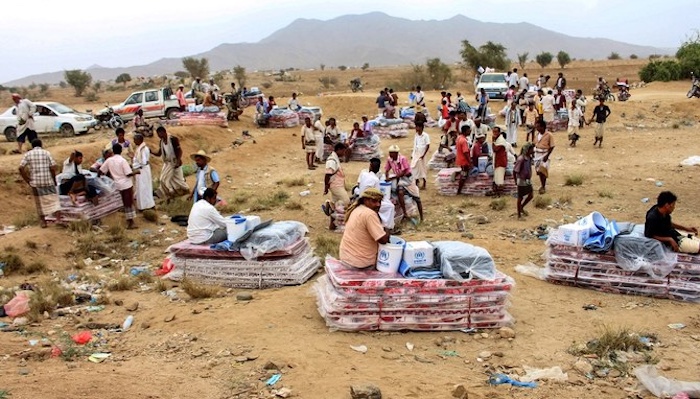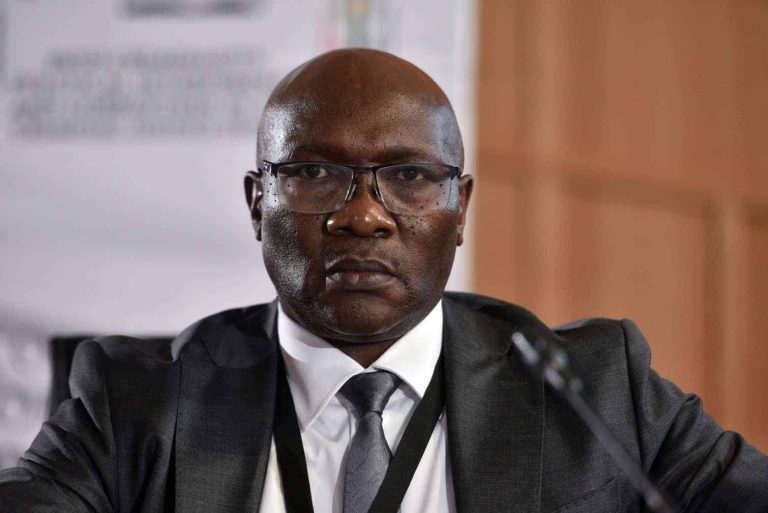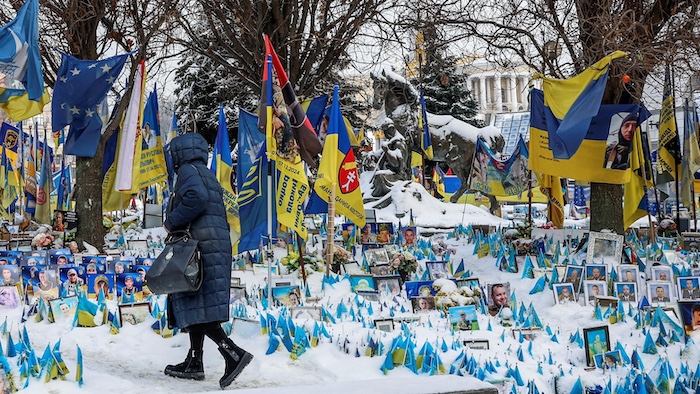
A United Nations staff member recently detained by Yemen’s Houthi authorities has been released, UN spokesperson Stéphane Dujarric announced on Wednesday, amid ongoing concerns over dozens of other UN workers still being held in the war-torn country.
“We continue to urge the de facto authorities to immediately and unconditionally release all UN and humanitarian workers who are supporting the most vulnerable people in Yemen,” Dujarric said in a statement.
While details of the staff member’s detention and release were not disclosed, Dujarric confirmed that 53 UN personnel remain in Houthi custody, with some reportedly held since 2021. The latest release follows the detention of nine other UN employees in earlier incidents, reflecting the worsening conditions for humanitarian workers in Yemen.
Yemen remains the focus of one of the world’s largest humanitarian operations after a decade of civil war that has decimated infrastructure and disrupted food supplies. The World Food Programme (WFP) said it assisted 15.3 million people, or 47% of the population, in 2023 alone.
Tensions between the Houthis and international organisations escalated in August when Houthi forces raided several UN offices in the capital, Sanaa, detaining 11 staff members. The raid came shortly after an Israeli airstrike on Sanaa that killed the prime minister of the Houthi-run government and several ministers.
UN Secretary-General António Guterres condemned the detentions at the time, calling them “intolerable.”
However, Houthi officials have defended their actions, claiming that the UN personnel’s legal immunities “should not shield espionage activities.” The group’s foreign ministry accused the UN of bias, saying it failed to condemn the Israeli attack while criticising what it described as “legal measures taken by the government against spy cells involved in crimes.”
Despite the release, the UN continues to press for the freedom of all detained humanitarian staff, warning that the continued targeting of aid workers undermines critical operations needed to support millions of Yemenis facing hunger, displacement, and disease.
Melissa Enoch



